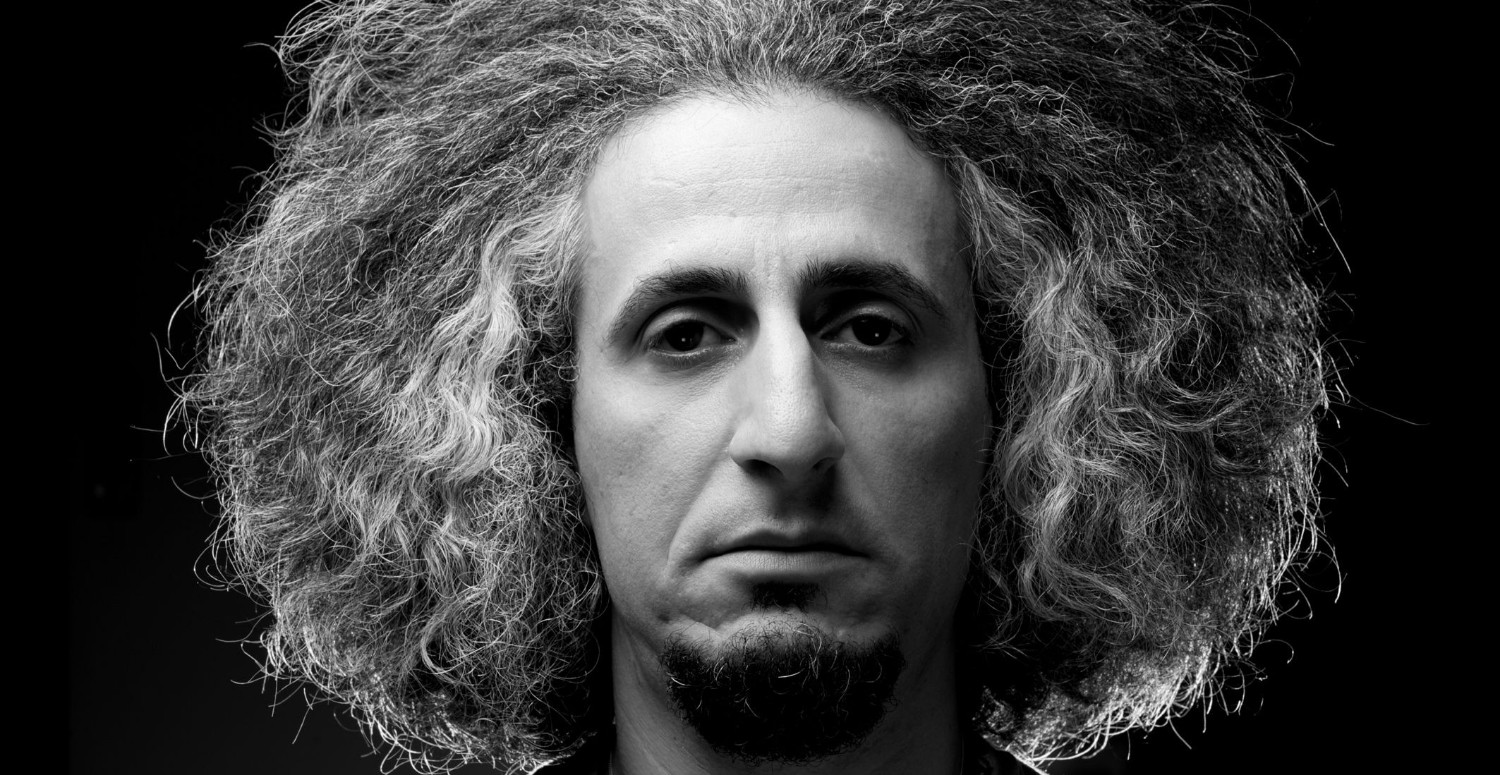Iran's banned voice: Mohsen Namjoo
Mohsen Namjoo, aka Iranian Bob Dylan, is a setarist, songwriter, singer and music scientist who is present in every field of music. By blending traditional Iranian melodies with jazz, blues and rock, the artist brought a genre like Persian-blues to music and presented the first examples of this genre.

This type of music, which he created by interpreting classical Persian poems with western music, made a great impression in the world. Namjoo, who has lived in America for a long time, continues to work on new songs, while teaching as a music scientist at prestigious schools in New York. However, it is ironic that his music, which was praised and interpreted as a "musical revolution", caused the artist to live a completely opposite life.
It is forbidden to give concerts in Mashhad, the city where Mohsen Namjoo grew up and began studying traditional Iranian music at the age of 12. That's why he says that the phenomenon of music is divided into 'public' and 'underground'. Namjoo, who went to Tehran after completing his education here, added the modern western music he met at Tehran University to his musical life, which started with traditional songs, and laid the foundations of his unique sound today.
In these years, he brought together electric guitar and setar, laments and jazz. While some might call him a genius, the combination of unique styles and Namjoo's cross-border vision led to his expulsion from the university he started in 1994, in 1997. But he never stopped striving for “modern Iranian music”.
In the early 2000s, his amateur songs were loved by the youth and innovators of the period. He gave concerts in Tehran and even received an award from a magazine that supports underground musicians. He released his first album in 2007. Although the album was loved by the masses, the changes he made in the form of traditional Iranian music brought complaints and negative reactions, and he was found guilty in 2009 for quoting the sura in one of his songs / reciting the surah with music.
Namjoo, who says that music and the artist's nourishment should be his inner world, not war or politics, includes modern Iranian poems, traditional laments and prayers in his songs. In his own writings, he uses a language that has never been heard before in any poem or song. The artist, who always wanted to try the untried and advocated that all artists should do this, thanks to this curiosity, he made a duet with his grandfather, who died at the age of 9, in the song Mojir, which was included in his latest album, released in 2016. The voice we hear at the end of the song belongs to his grandfather, who had cancer at the time. Namjoo, who recorded his voice while reciting his grandfather's Mojir Prayer with his brother, says that he honored his grandfather by using this recording years later in his song. In another interview, he summarized these difficulties he experienced with the following sentence: “I would like to be an artist like Banksy, to be invisible and only be able to do my music…”
Mohsen Namjoo, one of the most important representatives of modern Iranian music, who gave concerts in many parts of the world where all tickets were sold out days ago, was born in Torbat Cam, a predominantly Turkmen and Persian settlement in Iran's Razavi Khorasan Province and named after a Sufi poet.
Born in 1976, it is surprising to learn that the musician is at such a young age, considering his lush, gray hair.
Interested in literature as well as music from an early age, Namjoo studied music from the age of 12 and moved to Tehran in 1994 to continue his music education at Tehran University. Despite the fact that the university required instrument education, the information that he could only afford to buy a setar (a three-stringed local instrument) at that time is either true or a myth circulating on the internet.
DUET WITH 'THE DEAD GRAND FATHER'
Mohsen Namjoo sang a duet with his grandfather, who died when he was just 9 years old, in his song called Mojir. The voice heard at the end of the song belongs to his grandfather, who had cancer at the time. Namjoo says he honored his grandfather by recording his voice while reciting his grandfather's Mojir Prayer with his brother, and using this recording in his song years later.
